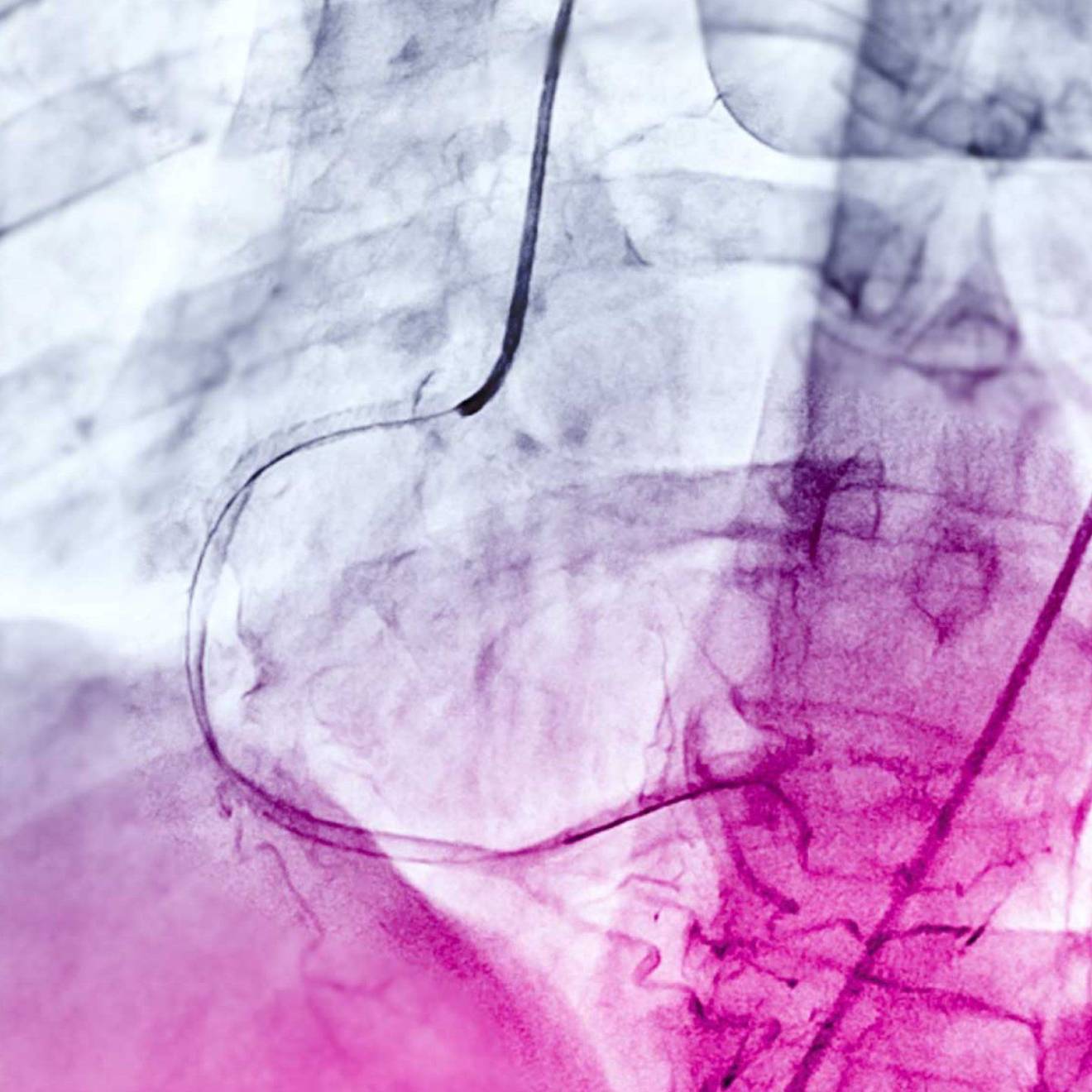Lisa Cisneros, UC San Francisco
UCSF health care professionals and policy experts are awaiting the highly anticipated U.S. Supreme Court ruling on President Obama’s health care law, which will come Thursday.
UCSF surgeon John Maa, M.D., a longtime advocate for health reform who is dedicated to improving quality and access to care, has been monitoring the news closely. The high court announced today that it will rule on the constitutionality of the sweeping health care law on their last day in session.
Whatever the high court’s ruling, Maa says, health care professionals should continue to work to improve the nation's ailing health care system. Part of the problem with the Patient Protection and Affordable Care Act, is that not enough front-line clinicians, doctors, nurses, pharmacists and others, helped to craft it, Maa says.
Health care professionals “can play a very important role by having the courage to travel to Washington, D.C., to prepare white papers, and to submit testimony and to become involved in the discussion,” he said during an interview on Friday.
Maa, whose interest in reforming health began 20 years ago as a medical student at Harvard, spent a six-month sabbatical in Washington, D.C. in the months after passage of the 2010 health reform law. “I witnessed the pitch battle between the Democrat and Republican parties over the law. It was very partisan, it was vitriolic and it was very disappointing to see the acrimony on Capitol Hill.”
After a lengthy national dialogue about “Obamacare” that was mired with misleading information about death panels, health care rationing and the like, the Supreme Court heard three days of hearings in March. The central challenge to the law is whether the government can mandate that individuals buy health insurance or pay a fine.
If the justices rule that the health care law is unconstitutional, a recent poll found that 77 percent of Americans want Congress and the president to work on new legislation to overhaul health care.
But Maa expects no real progress on health reform in the months leading up to the November presidential election and, depending on the outcome, could be stalled for decades.
Maa says the nation should have an intelligent and thoughtful discussion to answer the fundamental question about access to care and whether health care should be a constitutionally proteced right.
“I believe that our nation should work collectively towards crafting a 28th amendment to the United States Constitution and determine whether access to basic and emergency health care is a constitutionally guaranteed right,” he says.
From there, Maa says, the nation can consider the equally important individual responsibilities that are inherent with that right, such as smoking cessation and not drinking alcohol too frequently.
“I think it will take many years to reframe the discussion, perhaps along the lines of what [UCSF] Chancellor [Emeritus] Phil Lee once said, ‘that health care is a public good.’ And I think we will have to separate self interests from societal best interests as we move forward in this discussion.”

